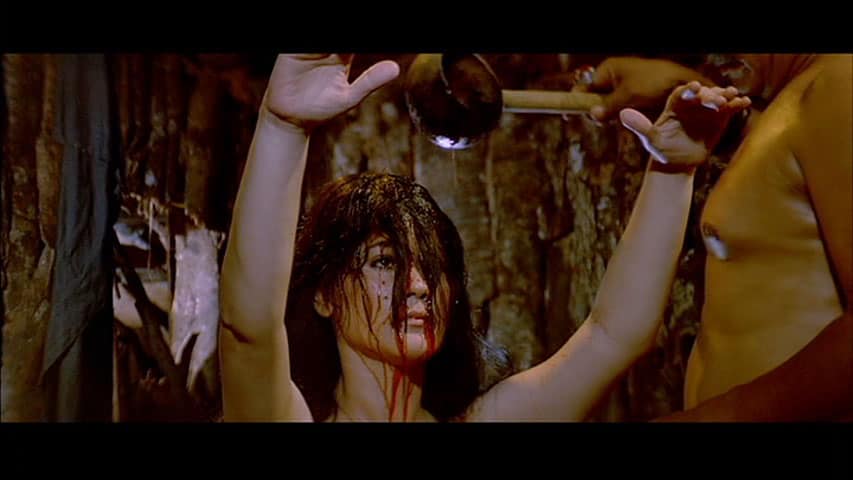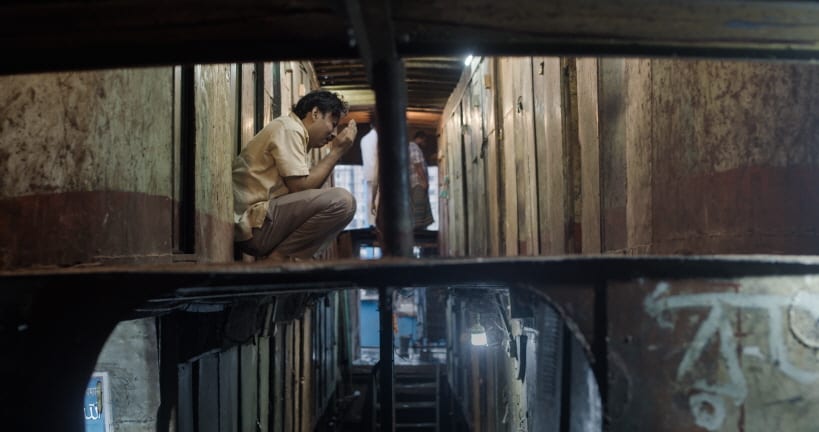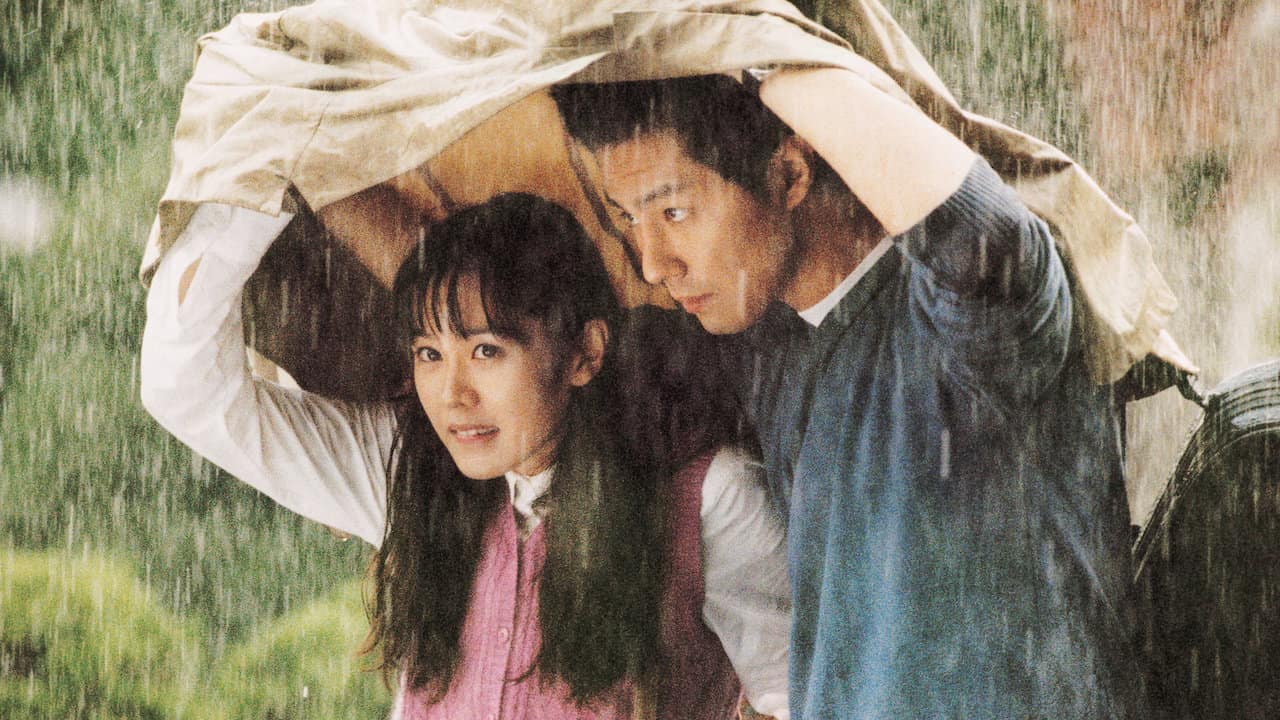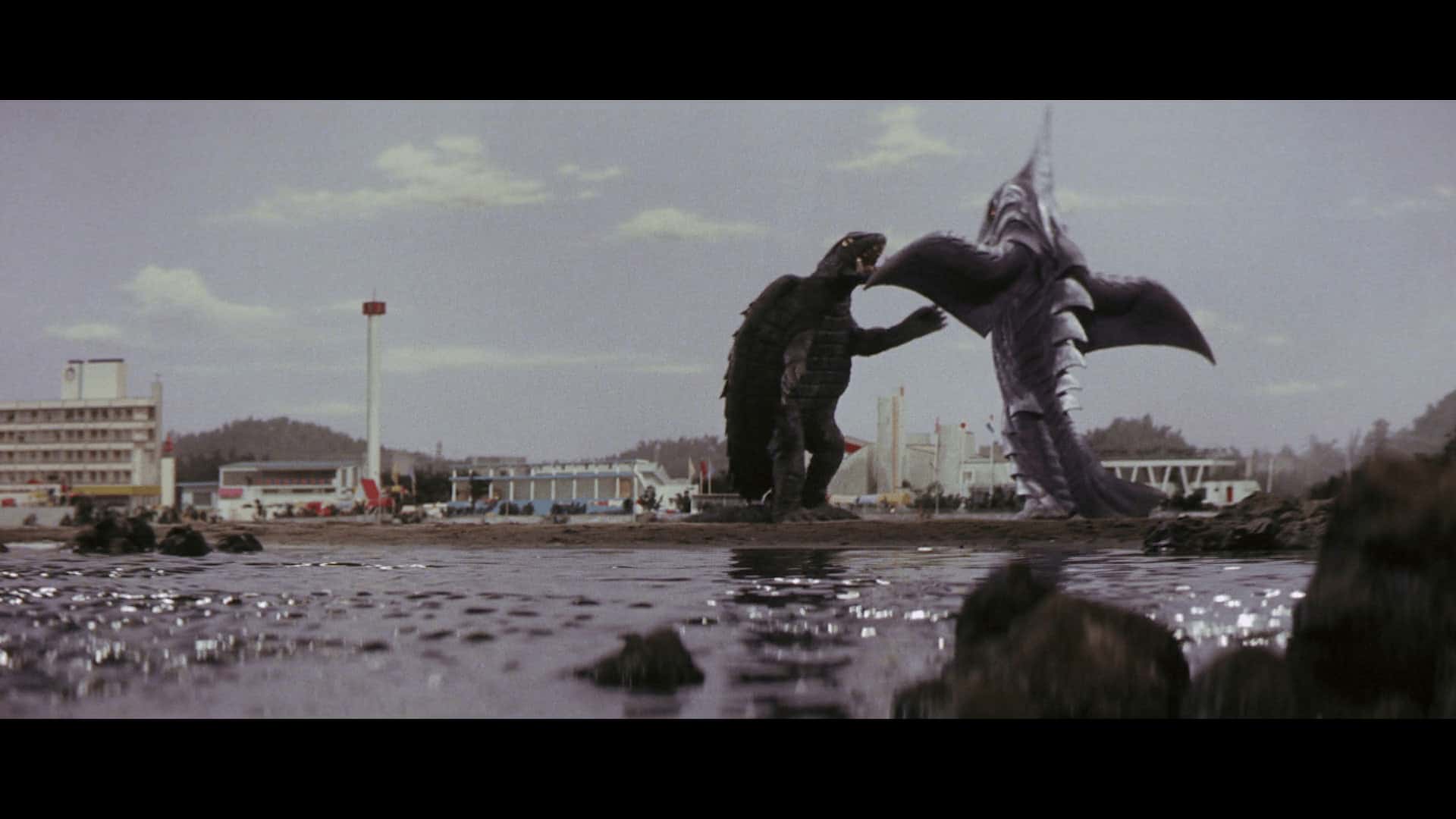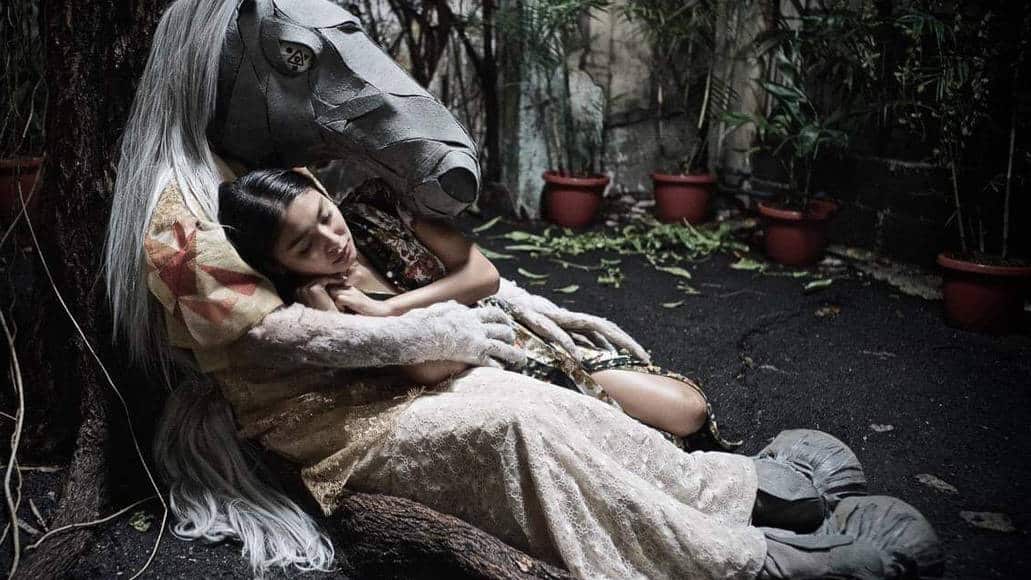When the Indonesian exploitation industry exploded in the country in the late 70s, few people capitalized more on the newfound whirlwind of content being produced than the actress known only as Suzzanna. Taking to the scene with remarkable ease and skill, she starred in a slew of exceptional genre efforts that earned her a remarkable career in the industry, eventually becoming a household name on the heels of a string of successful horror and exploitation offerings that won acclaim at the box office and numerous awards as a result. Among the first of her genre outings is the all-time classic in the country from director Liliek Sudjio known as “The Queen of Black Magic”.
Watch This Title
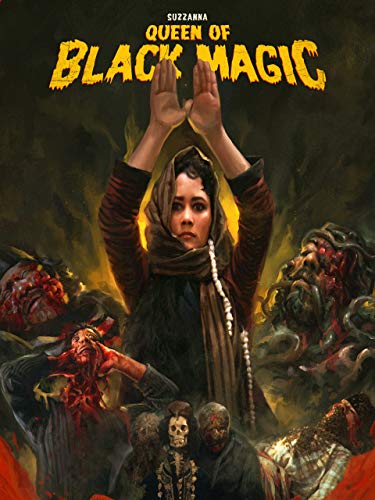
After his wedding is disrupted, Kohar (Teddy Purba) accuses local woman Murni (Suzzanna) of the crime of witchcraft and decides to lead the local villagers in a revolt against her. Although they believe they have killed her by throwing her over a cliff, they're unaware that she's been saved by a strange man (W.D. Mochtar) and is secretly taught the ways of black magic. Once she's mastered the dark arts, she sets out on a reign of terror against the locals who wronged her, forcing the rest of the villagers to find a way of appeasing her and stopping her rampage which is complicated by the revelation of what she was taught black magic for that causes her to question her rampage.
There is a lot to like with the original “Queen of Black Magic.” Among its better features is the initial setup that brings about the eventual change into Murni studies of black magic. With the opening focusing on the ruined wedding and her being scorned by the lover which results in the subsequent banishment from the village, there's enough of a motivating factor built into the beginning half that serves to initiate her into the black magic realm. Despite the accurate announcement about Murni being in love with Kohar previously, the idea of accusing her of creating the storm that ruins the wedding simply because of her being scorned without any other additional evidence, is more than enough to bring a sympathetic turn. Jumping to that conclusion simply based on the state of their past relationship together is a stretch, and is thankfully brought up but the evidence to do so is still flimsy enough that it brings quite a bit of attention to the overall setup.
With that setup in play, “Queen” comes into its own with Murni's dive into black magic studies. After her house is set on fire and she's thrown off a cliff into the conveniently placed arms of the witch doctor, the coercion into using the very same rites and rituals she had been accused of doing for real turns this into a highly enjoyable montage training her. Engaging in the various rituals involving aerobic exercises, ceremonial purification performances, and learning how the spells work creates a wholly intriguing sequence that brings about the knowledge she has in the arts for later on. When mixed alongside the idea of her throwing it into their face by openly walking around and taunting the villagers that initially killed her while killing them is a fantastic idea of the defiance she has for everyone, and the extent of her revenge.
These sequences of Murni getting revenge on everyone is where the real fun starts. With sequences of victims swarmed by bees in front of other victims, another dragged into a puddle of mud only to be pulled out seconds later by his friends to reveal their face has been eaten away by worms in a matter of seconds, or abducting a baby right out from a crib without anyone noticing, the extent of her powers and desire for revenge is felt. Other scenes, including her commanding one of the villagers to claw at their throat until they finally pull their own head off and have it fly around taking bites out of the gathered masses or a villager becoming pregnant, creates several strong points that not only further her sense of power but the use of fantastic special effects to create them. Even with a change of heart that comes around quite nicely, the finale is a nice strong work that's quite fun.
There isn't a whole lot to dislike in “Queen of Black Magic.” One of the few drawbacks is the somewhat shocking manner in which this one jumps to the conclusion that Murni was responsible for the original actions that plagued the village. The amount of convincing they need to form a lynch mob and set off to capture her is so negligible that it seems curious they never took her on and tried to oust her from the village previously. This is true since the only evidence was that of a dying shaman who claimed it came from a general direction that one said was the same where she lived. Otherwise, there's no other evidence of anything that points to her involvement, and with so little information on their connection with the villagers before or after makes it rather curious why she was targeted as she was. The only other issue is the low-budget, for as wild as the special effects are it's quite obvious how cheap they actually are, which is part of the charm and doesn't really hold the film back as much.
Equal parts cheesy and silly but also a stellar piece of genre filmmaking, “The Queen of Black Magic” is one of the finest Indonesian horror efforts from one of the most prolific periods of their genre output. It's essential viewing for anyone interested in Asian horror in general or those that appreciate well-crafted genre cinema as well as those that are fans of the remake and curious about the original.


